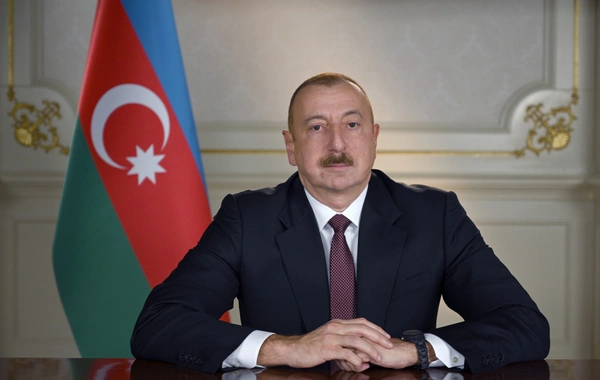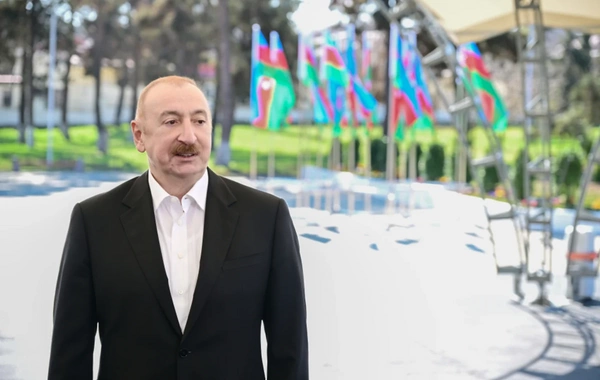Artificial intelligence has learned to predict love

Scientists from Ben-Gurion University in Israel have created a machine learning model capable of predicting romantic attraction with relatively high accuracy in conditions similar to dating apps. The research results were published in the journal Computers in Biology and Medicine (CBM).
The study involved 61 students aged 23 to 32. While viewing photographs of potential partners, their brain activity was recorded using electroencephalography (EEG). After this, participants noted who they liked, and then received "feedback" - supposedly an evaluation from the chosen people (in reality, it was simulated). This method allowed researchers to reproduce the basic principle of dating services: attraction and possible rejection.
Machine learning algorithms analyzed the electrical activity of the brain - evoked potentials. With their help, it was possible to predict reactions to attraction with 71.3% accuracy, and to rejection with 81.3% accuracy. Moreover, more "selective" participants who marked fewer people as attractive showed higher results. Scientists explain this by the fact that their neural signals were more pronounced and characteristic.
"By analyzing EEG signals, it is possible to predict user behavior in dating apps - for example, whether they will swipe right or left. This allows for a better understanding of their emotions: whether they feel attraction or experience negative feelings associated with rejection," the study authors emphasized.
Similar News
A substance for protecting nerves and the heart has been found in pomegranate leaves
A natural compound from pomegranate leaves and branches is capable of destroying harmful protein aggregates associated with transthyretin (TTR) amyloidosis — a...




 Azərbaycanca
Azərbaycanca  По-русски
По-русски  English
English 






